Humans
Sign up for our newsletter
We summarize the week's scientific breakthroughs every Thursday.
-
 Humans
HumansWorld record speeds for two Olympics events have fallen over time. We can go faster
The human body can go faster in the 100-meter dash and the 50-meter freestyle. But to reach full potential, our technique must be perfect.
-
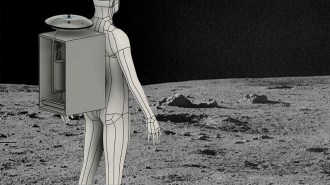 Space
SpaceA Dune-inspired spacesuit turns astronaut pee into drinking water
The spacesuit design collects urine, filters it, adds electrolytes and stores the cleaned water for the astronaut to drink.
By Adam Mann -
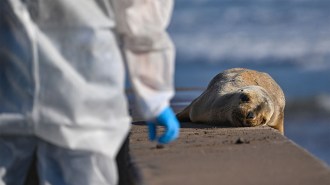 Health & Medicine
Health & MedicineBird flu has been invading the brains of mammals. Here’s why
Although H5N1 and its relatives can cause mild disease in some animals, these viruses are more likely to infect brain tissue than other types of flu.
-
 Health & Medicine
Health & MedicineBreastfeeding should take a toll on bones. A brain hormone may protect them
The hormone CCN3 improves bone strength even as breastfeeding saps bones of calcium, a study in mice shows.
By Claire Yuan -
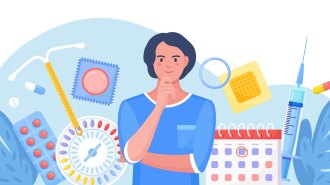 Health & Medicine
Health & MedicineHow doctors can help demystify birth control amid online confusion
There’s a larger takeaway from some social media content about hormonal birth control side effects: People aren’t getting the information they need.
-
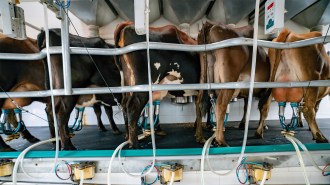 Health & Medicine
Health & MedicineBird flu viruses may infect mammary glands more commonly than thought
H5N1 turning up in cow milk was a big hint. The virus circulating in U.S. cows can infect the mammary glands of mice and ferrets, too.
-
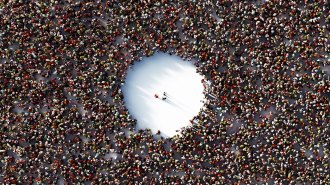 Health & Medicine
Health & MedicineSome people have never gotten COVID-19. An obscure gene may be why
A trial that purposely exposed volunteers to COVID-19 revealed key immunological differences that may explain why some people can dodge SARS-CoV-2.
-
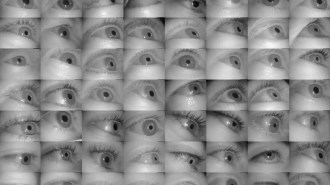 Health & Medicine
Health & MedicineA bizarre video of eyeballs illustrates our pupils shrink with age
Pupil size can decrease up to 0.4 millimeters per decade, hinting at why it can be increasingly harder for people to see in dim light as they age.
-
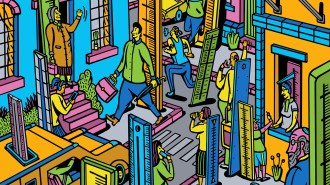 Humans
HumansDoes social status shape height?
A controversial idea drawing on findings from the animal kingdom suggests there’s more to human stature than genetics and nutrition.
By Sujata Gupta -
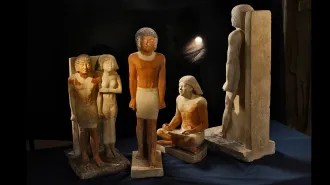 Archaeology
ArchaeologyAncient Egyptian scribes’ work left its mark on their skeletons
Years of hunching over, chewing pens and gripping brushes left the skeletons of Egyptian scribes with telltale marks of arthritis and other damage.
-
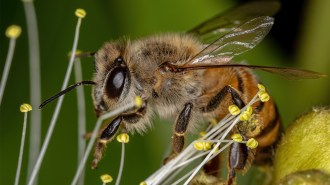 Health & Medicine
Health & MedicineHoneybees can “smell” lung cancer
Bees can detect the scent of lung cancer in lab-grown cells and synthetic breath. One day, bees may be used to screen people’s breath for cancer.
By Meghan Rosen -
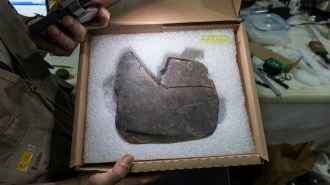 Archaeology
ArchaeologyA lost civilization’s partial alphabet was discovered in a social media post
In online images of an ancient tablet, an expert spotted previously unnoticed letters — a partial alphabet from the Tartessian civilization.